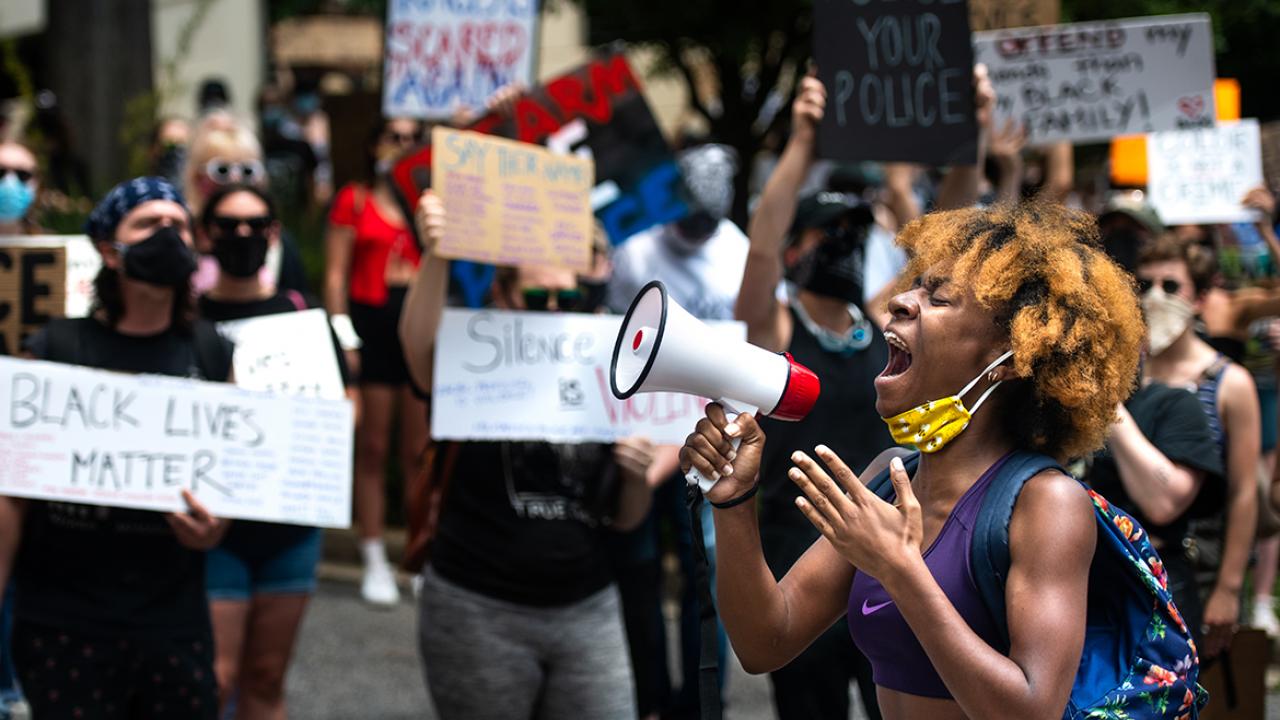- Joined
- Apr 9, 2018
- Messages
- 165
- Reaction score
- 465
Let me preface this with the word "political" meaning something that is controversial, predominantly supported by only one of the major political parties, and does not relate to science (vaccines, climate change, etc are fair game).
At one of my interviews, my interviewer was the person in charge of the school's diversity department. The entire 30 minute interview consisted of questions regarding the BLM protests and police brutality. I was asked, "As a physician, what would you do about police brutality?" and "As a medical student at our school, how would you support the Black Lives Matter movement on campus and in our community?"
I happened to be on the same page as him/her on these topics, so I answered honestly and ultimately received an acceptance to this school (I will not be going here).
I just thought that these questions had very little to do with medicine, and it was almost like he/she was trying to filter out applicants with differing views. And the most frustrating part was we didn't even discuss any of my clinical, research, volunteer experience, or literally anything. It was 100% about the current political climate. Nothing on my application indicated my stance on police brutality/BLM with possible the exception that I spoke about the importance of diversity in one of my activities.
I'm just curious if any other premeds were asked political questions during interviews, or if any adcoms/interviewers here have asked political questions? This was my only interview where I encountered this and I'm not sure how it's beneficial for the school or applicant.
At one of my interviews, my interviewer was the person in charge of the school's diversity department. The entire 30 minute interview consisted of questions regarding the BLM protests and police brutality. I was asked, "As a physician, what would you do about police brutality?" and "As a medical student at our school, how would you support the Black Lives Matter movement on campus and in our community?"
I happened to be on the same page as him/her on these topics, so I answered honestly and ultimately received an acceptance to this school (I will not be going here).
I just thought that these questions had very little to do with medicine, and it was almost like he/she was trying to filter out applicants with differing views. And the most frustrating part was we didn't even discuss any of my clinical, research, volunteer experience, or literally anything. It was 100% about the current political climate. Nothing on my application indicated my stance on police brutality/BLM with possible the exception that I spoke about the importance of diversity in one of my activities.
I'm just curious if any other premeds were asked political questions during interviews, or if any adcoms/interviewers here have asked political questions? This was my only interview where I encountered this and I'm not sure how it's beneficial for the school or applicant.

